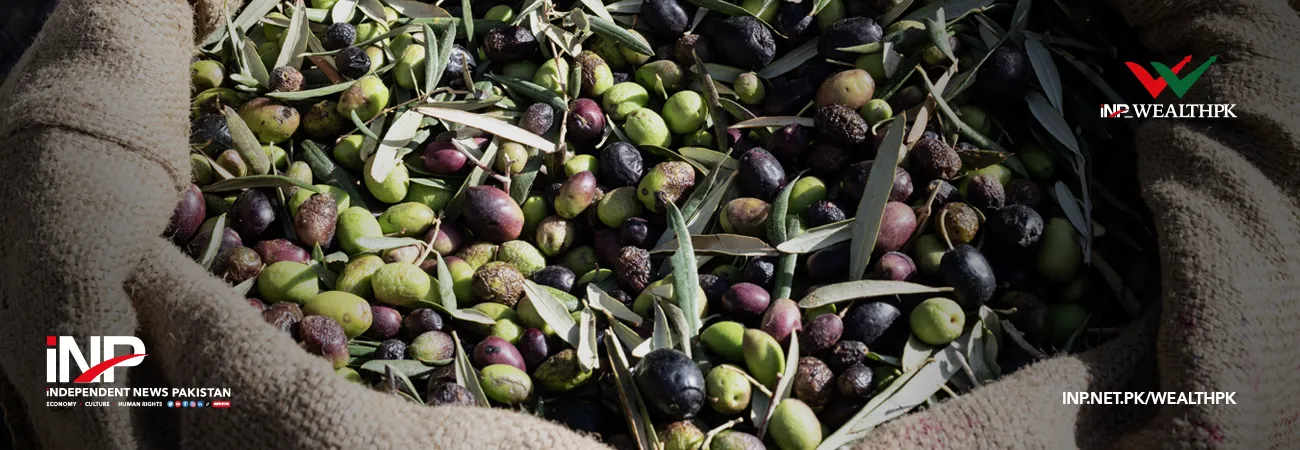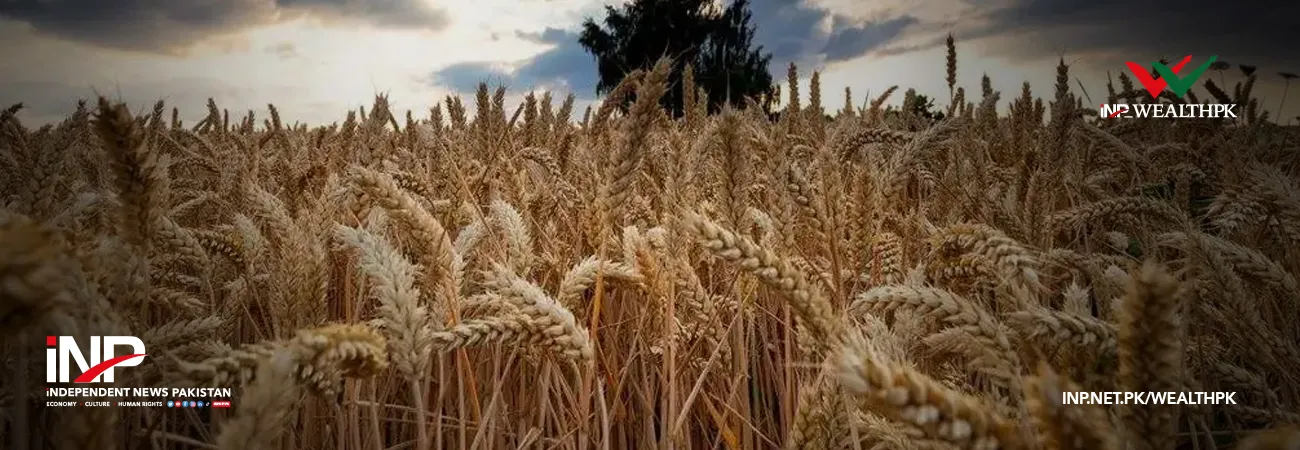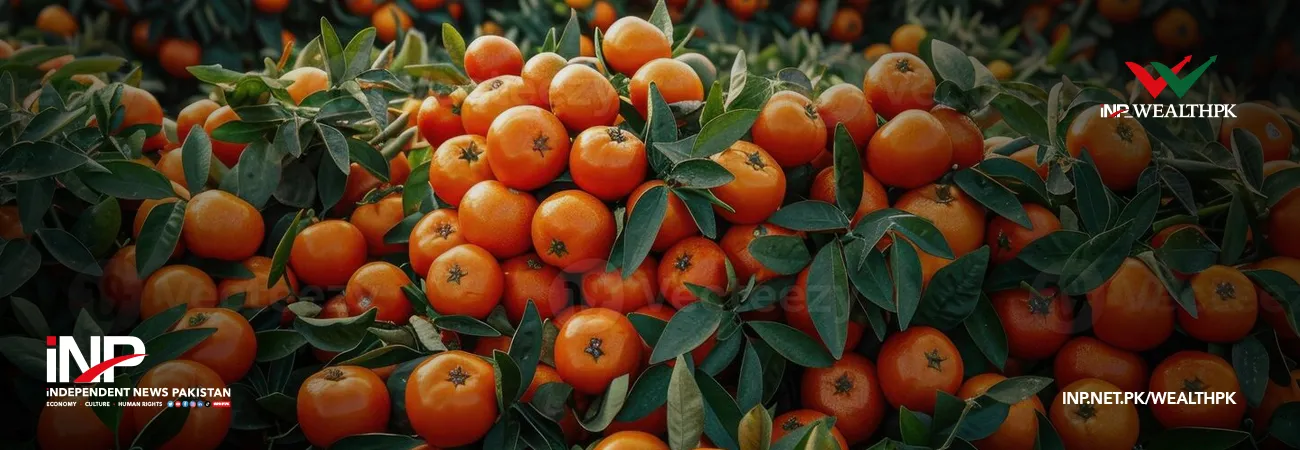INP-WealthPk
Muhammad Saleem
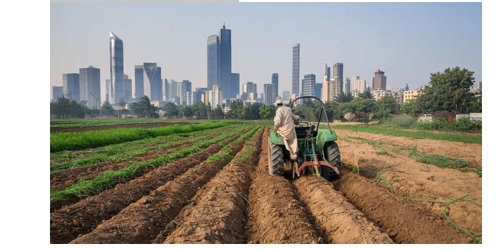
The agricultural workforce is feeling the pinch of transformation brought about by urbanization; however, this change will open up new business opportunities. Dr. Liaquat, a faculty member of a government university, is not in favor of urbanization, saying this transformation is hitting the agriculture sector of Pakistan, posing food security threats. He told WealthPK that urbanization was gradually eating away the fertile agricultural land, and the farmers were not aware of the fact that they would lose their bread and butter permanently. He said land was the pride and joy for every farmer; however, the real estate sector took advantage of their innocence by offering them lucrative prices for their lands. “All that glitters is not gold, but most of the growers who sold their agricultural lands failed to ascertain the facts.
Scores of private housing colony developers snapped up large amounts of rich agricultural lands, which are now wearing a deserted look. Neither these pieces of land are being used for agriculture nor has any house been constructed on them. Scarcity of agricultural land will force the workers to migrate to the urban areas in search of greener pastures,” he said. He suggested the government impose a ban on converting agricultural lands into housing colonies. For housing schemes, he said the government should designate non-productive lands. He argued that the conversion of fertile land into housing societies and industrial areas would not be beneficial for Pakistan and its people.
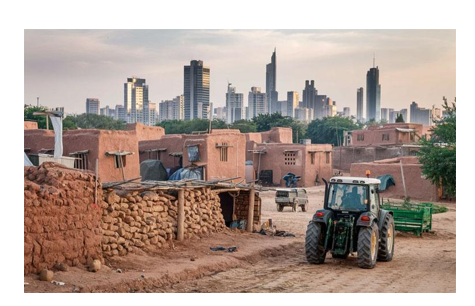
Muhammad Arif, an economist, told WealthPK that scores of people needed a roof over their head; however, a concerted effort was required for this purpose, as the unplanned rapid urbanization was driving a wedge between the rural and urban areas. The situation is leading to a loss of skilled workers in the agricultural sector, which will affect agricultural productivity. “Our youth is already losing interest in agriculture and leaving the farm despite family pressures, and the conversion of lands to the housing colonies will add fuel to the fire. The youth are either trying to move abroad or are pursuing high-paying jobs in cities. The situation will thin out the agricultural workforce, casting a gloomy outlook on the sector. “The most pressing requirement is that the government must roll out job opportunities to the people in rural areas to stem the trend of urbanization. Development projects in rural areas will not only create job opportunities but also ease burden on the urban areas,” he said. Amjad Ali, a progressive farmer, said the government could mitigate the impact of urbanization by introducing urban agriculture – an innovative approach to harness the potential of the farming community.
The farmers can take advantage of the urban market demands by growing food in the cities. “Urbanization is not a bad thing; however, it can create a mess if it is not handled and streamlined efficiently. We have to empower our farmers, particularly youngsters, to change their directions and adopt sustainable and profitable farming practices. The private sector is gradually consuming agricultural lands; however, modern farming approaches can save this sector and ensure jobs for the workforce,” he said. “We must launch training programs and impart modern knowledge to the growers on their doorsteps. When the farmers will be able to scale up farming, they will refrain from selling their rich agricultural lands. Only a strong financial position of the farmers can save the conversion of agricultural lands,” Amjad suggested. He urged the government and private sector to come forward and launch projects for rural development and infrastructure improvement to help the farmers stay connected to urban markets and benefit from new business ventures.
Credit: INP-WealthPk







